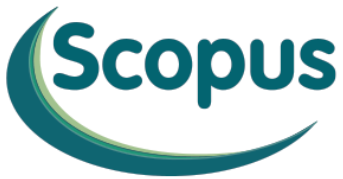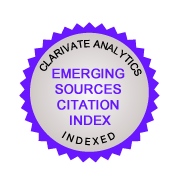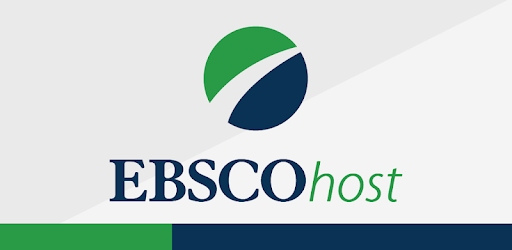THE USE OF METALANGUAGE AMONG SECOND LANGUAGE LEARNERS TO MEDIATE L2 GRAMMAR LEARNING
DOI:
https://doi.org/10.32890/mjli2017.14.2.4Keywords:
metalanguage, grammar, Sociocultural theory, metalinguistic knowledge, VygotskyAbstract
Purpose – This study investigated the use of metalanguage as a mediational tool in understanding targeted grammatical concepts from the perspective of the Sociocultural approach (SCT) in learning a second language (L2). Methodology – The participants involved in this study were Malay undergraduates with low to intermediate proficiency in L2 English. The protocols of learners’ verbalisation during a Concept-Based Instruction (CBI) language task were analysed to explore how learners used metalanguage to mediate, facilitate and regulate their L2 learning. A microgenetic analysis was conducted to examine how metalanguage was used as a mediating tool by the learners in the actual L2 learning process. It involved an investigation of the language learning instances that occurred in their natural context. Analysis of the protocols was performed using ‘Languaging Units’ that were based on the ‘Languaging Types Framework’ proposed by Swain et al. (2009). Additionally, descriptive statistics were employed to measure the frequency of the languaging units produced by learners in facilitating their L2 development. Findings – Results revealed that through the Languaging Units identified, learners used the linguistic tool as a problem-solving tool to explore form-meaning relationships of the target concepts learnt. Findings corroborated the significant role of language, viewed from Vygotskian thought, in relation to mediating learners’ cognitive processes. The function of language in this context was twofold, first as a communicative tool, and second as a psychological tool to support learners’ cognitive and linguistic development in their L2 learning. Significance – This study is significant to L2 researchers and practitioners as it provides insights into how learners make use of their L2 knowledge to optimally support their cognitive processes in gaining understanding of the target language. This, in fact, has long been a neglected issue in the field of L2 learning, as discussion on metalanguage or a learner’s metalinguistic knowledge is more often associated with presenting a learner with the explicit input of grammar rules in promoting his/her L2 proficiency.Metrics
Metrics Loading ...
Additional Files
Published
31-12-2017
How to Cite
Harun, H., Abdullah, N., Ab. Wahab, N. S., & Zainuddin, N. (2017). THE USE OF METALANGUAGE AMONG SECOND LANGUAGE LEARNERS TO MEDIATE L2 GRAMMAR LEARNING. Malaysian Journal of Learning and Instruction, 14(2), 85–114. https://doi.org/10.32890/mjli2017.14.2.4
Issue
Section
Articles




























